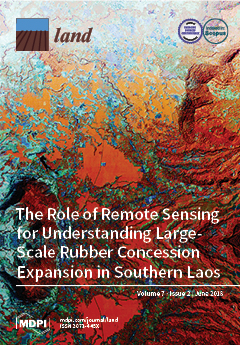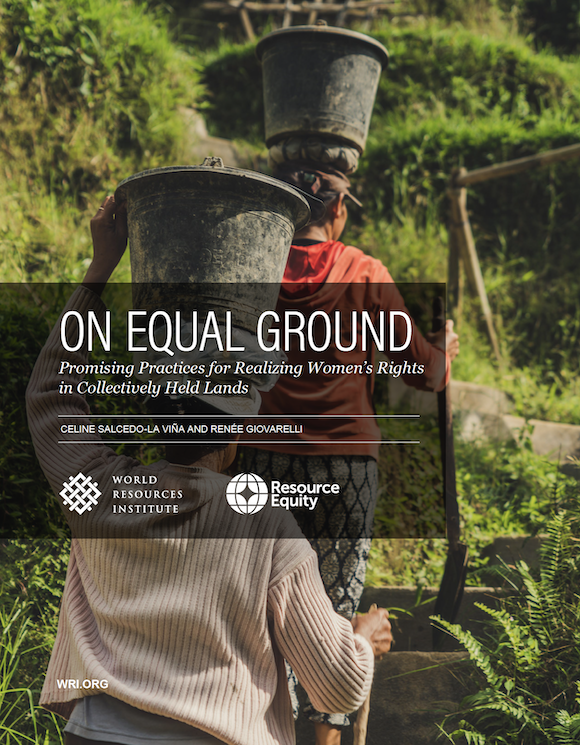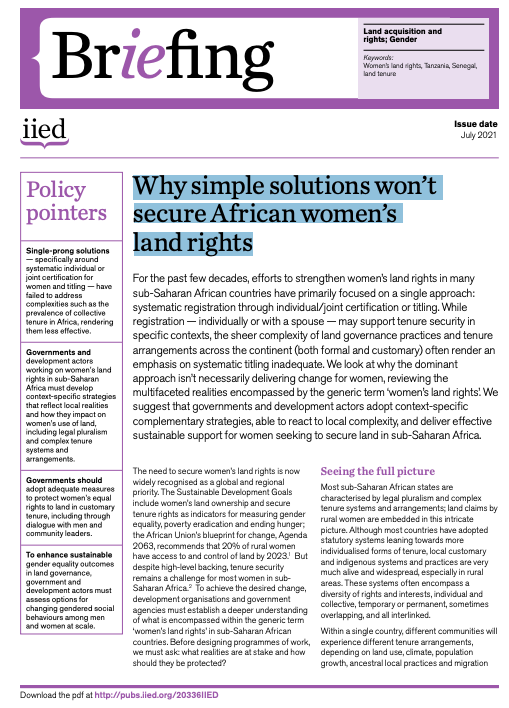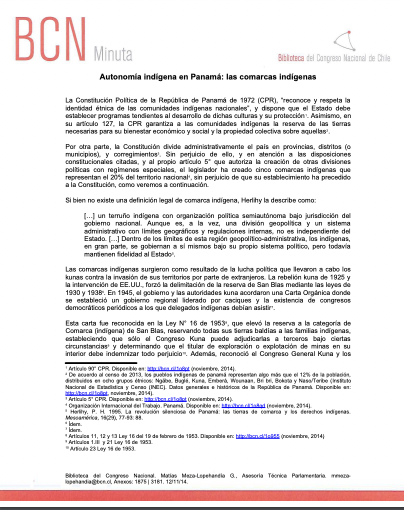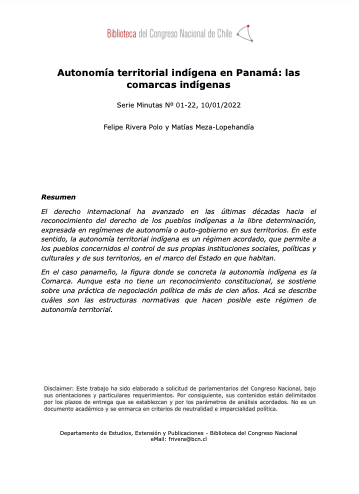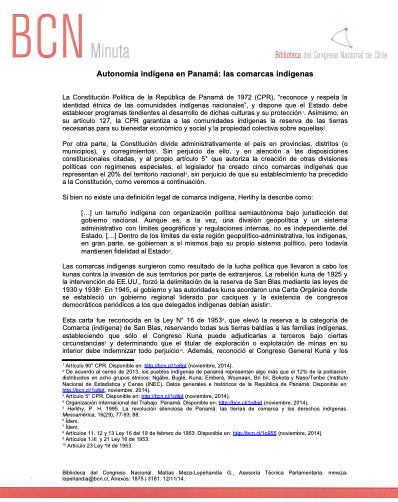Argumentos para fortalecer la propiedad colectiva de la tierra en Sudamérica
La paz, Bolivia
30 de noviembre del 2016
Argumentos para fortalecer la propiedad colectiva de la tierra en Sudamérica
Juan Pablo Chumacero R.
Economista, con especialización en estudios latinoamericanos. Ha trabajado durante 14 años en la Fundación TIERRA, siendo su Director Ejecutivo entre 2012 y 2014. Actualmente trabaja como investigador en el IPDRS.




